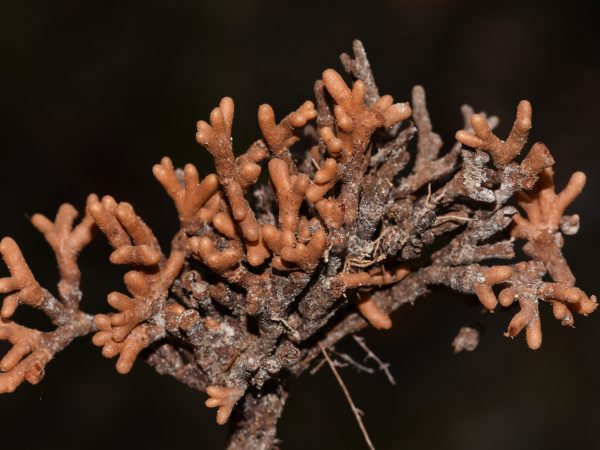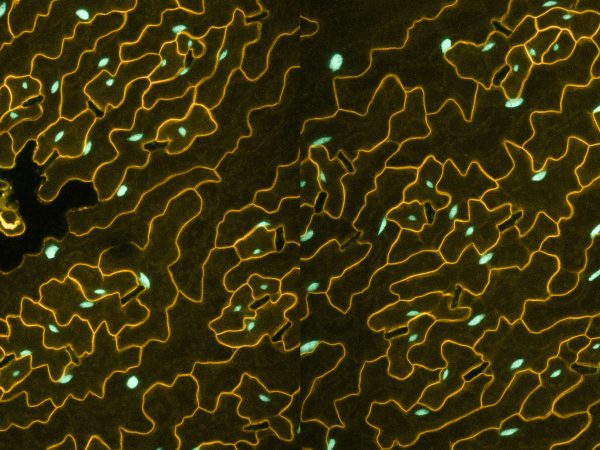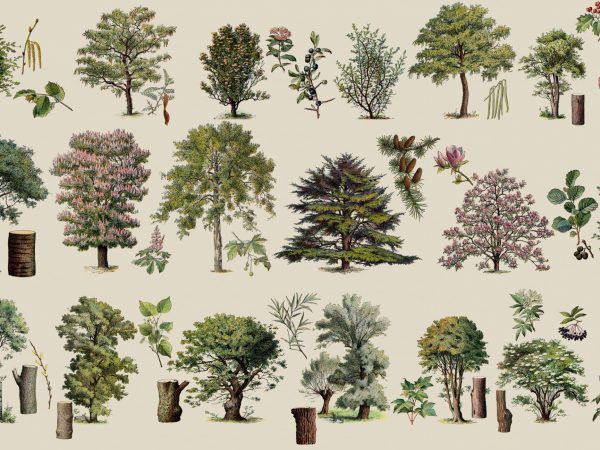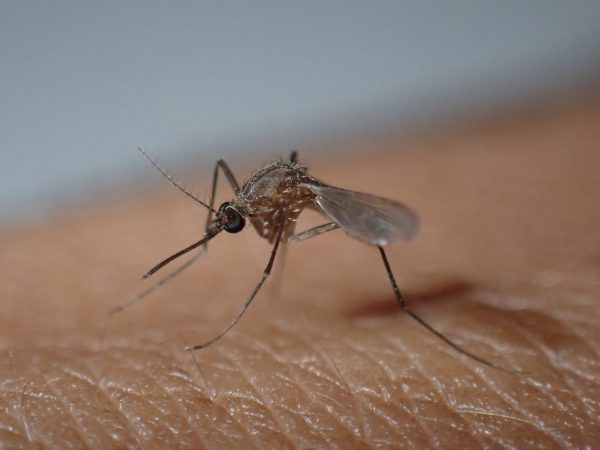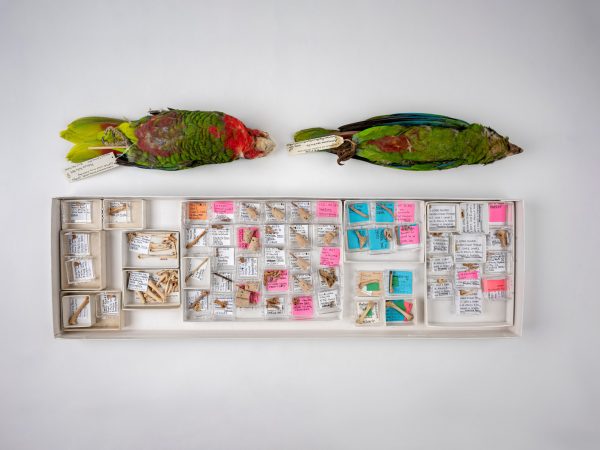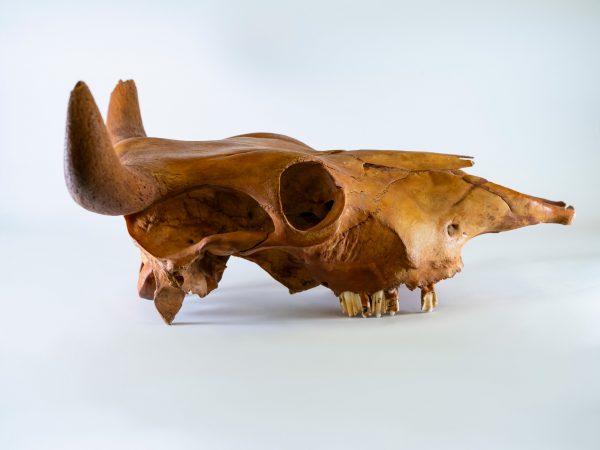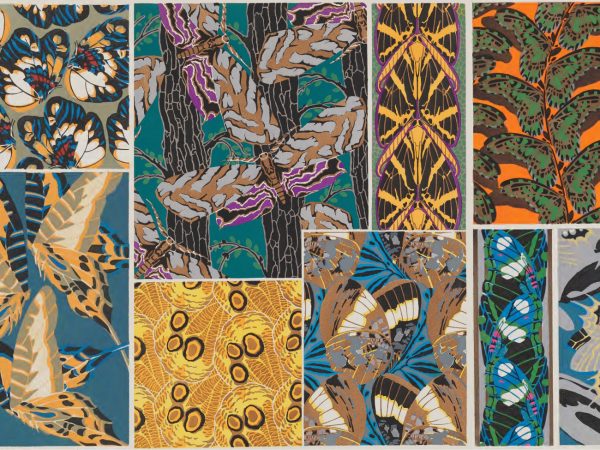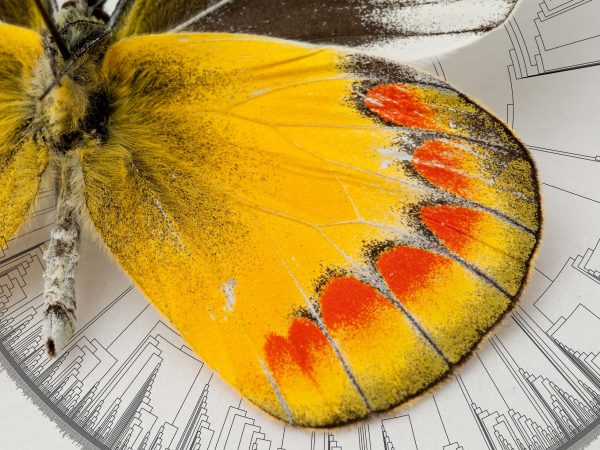Building a roadmap to bioengineer plants that produce their own nitrogen fertilizer
Nitrogen fertilizers make it possible to feed the world’s growing population, but they are also costly, harm ecosystems and require…
Read More
New $12.5 million National Science Foundation grant awarded to study phenomenon affecting agriculture, cancer, biodiversity and more
It’s in your heart and liver, in the vegetables you eat, in the rogue cells that cause cancer. Those who…
Read More
Florida Museum curators David Blackburn and Robert Guralnick elected 2023 AAAS fellows
Two faculty members at the Florida Museum of Natural History have been elected as 2023 fellows of the American Association…
Read More
Moths big and small are vanishing from southern U.S. cities
Insects of all stripes are in the midst of a vanishing act, a catastrophic sleight-of-hand occurring so rapidly that scientists…
Read More
Seeing the forest for the trees: Tree diversity is directly correlated with productivity in eastern U.S. forests
When scientists and policymakers make tough calls on which areas to prioritize for conservation, biodiversity is often their top consideration….
Read More
UF seed grant funds new project to forecast risk of mosquito-borne diseases
An interdisciplinary team led by Robert Guralnick, curator of biodiversity informatics at the Florida Museum of Natural History, has won…
Read More
Caribbean parrots thought to be endemic are actually relicts of millennial-scale extinction
In a new study published in PNAS, researchers have extracted the first ancient DNA from Caribbean parrots, which they compared…
Read More
Ancient DNA reveals an early African origin of cattle in the Americas
Cattle may seem like uniquely American animals, steeped in the lore of cowboys, cattle drives and sprawling ranches. But cattle…
Read More
Weather anomalies are keeping insects active longer
As Earth’s climate continues to warm due to the emission of greenhouse gases, extreme and anomalous weather events are becoming…
Read More
Butterfly tree of life reveals an origin in North America
About 100 million years ago, a group of trendsetting moths started flying during the day rather than at night, taking…
Read More
